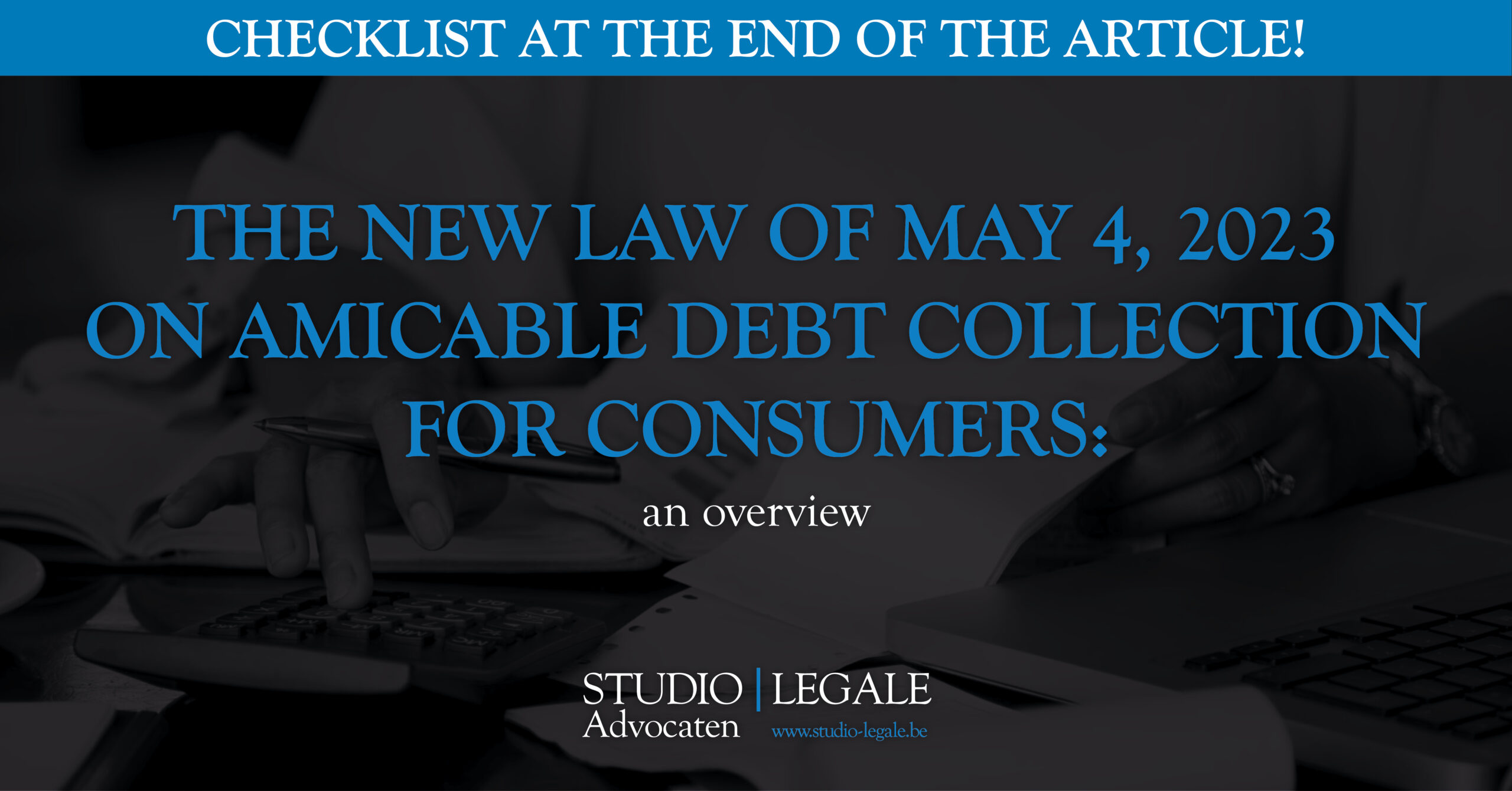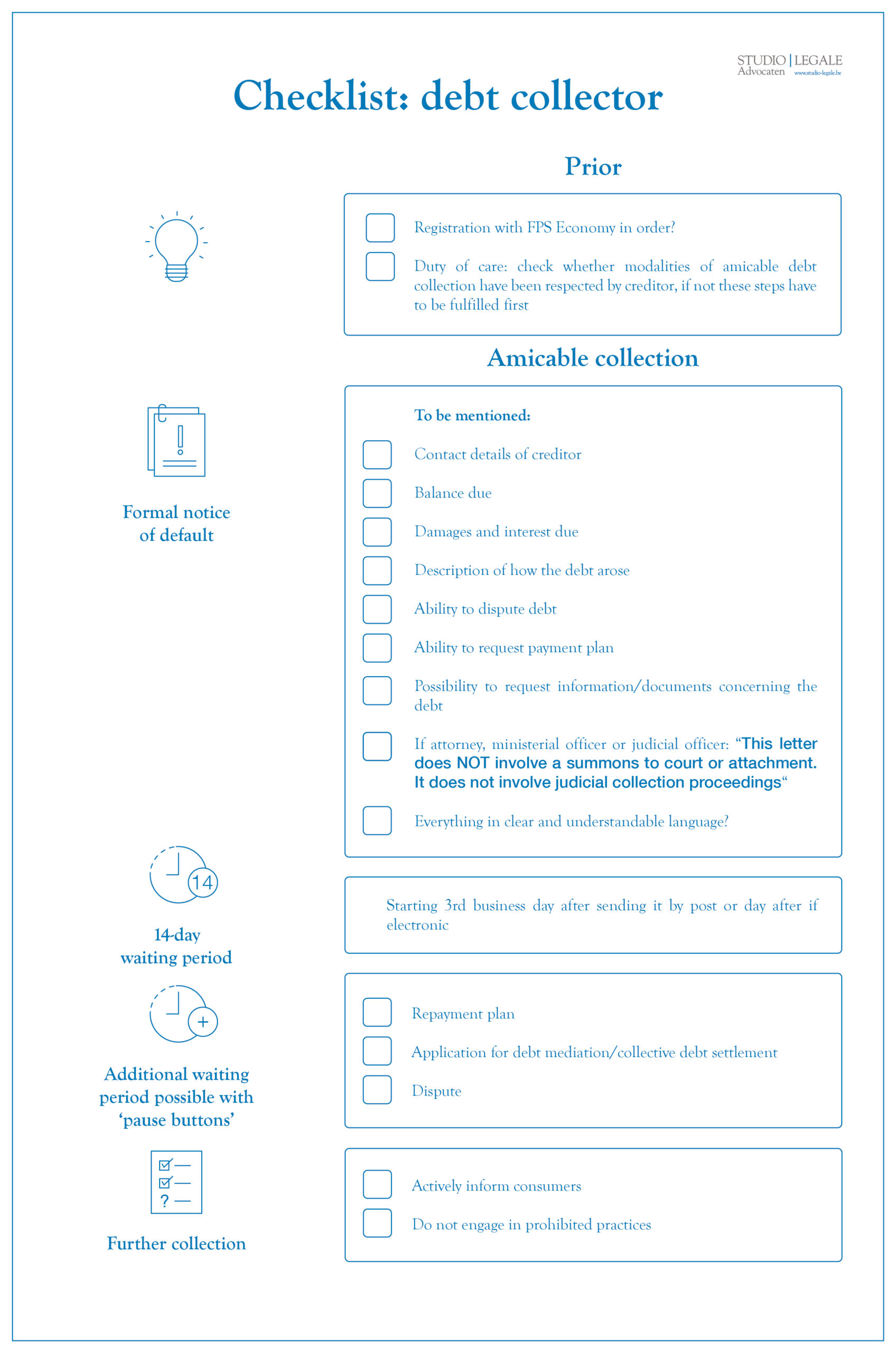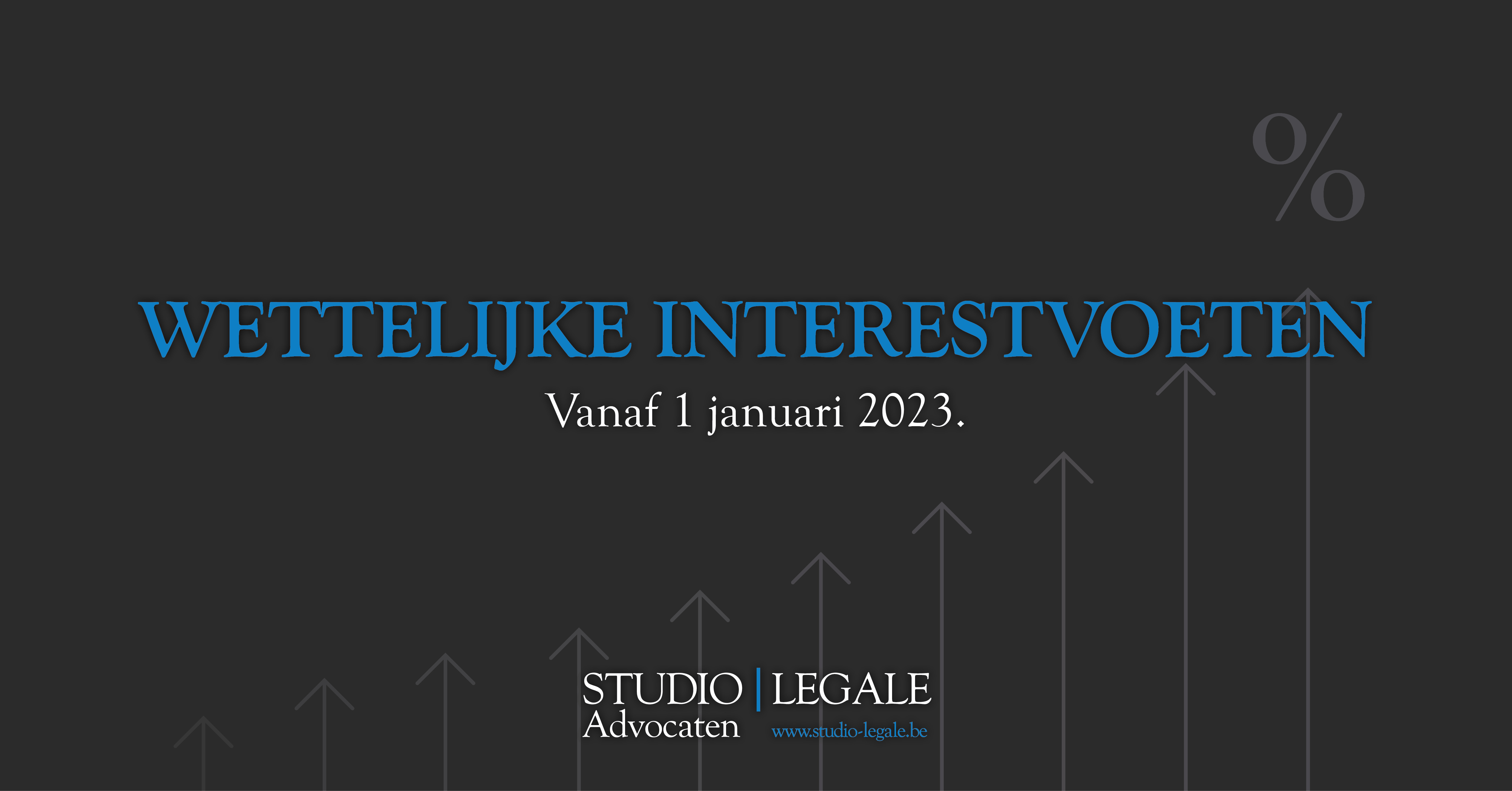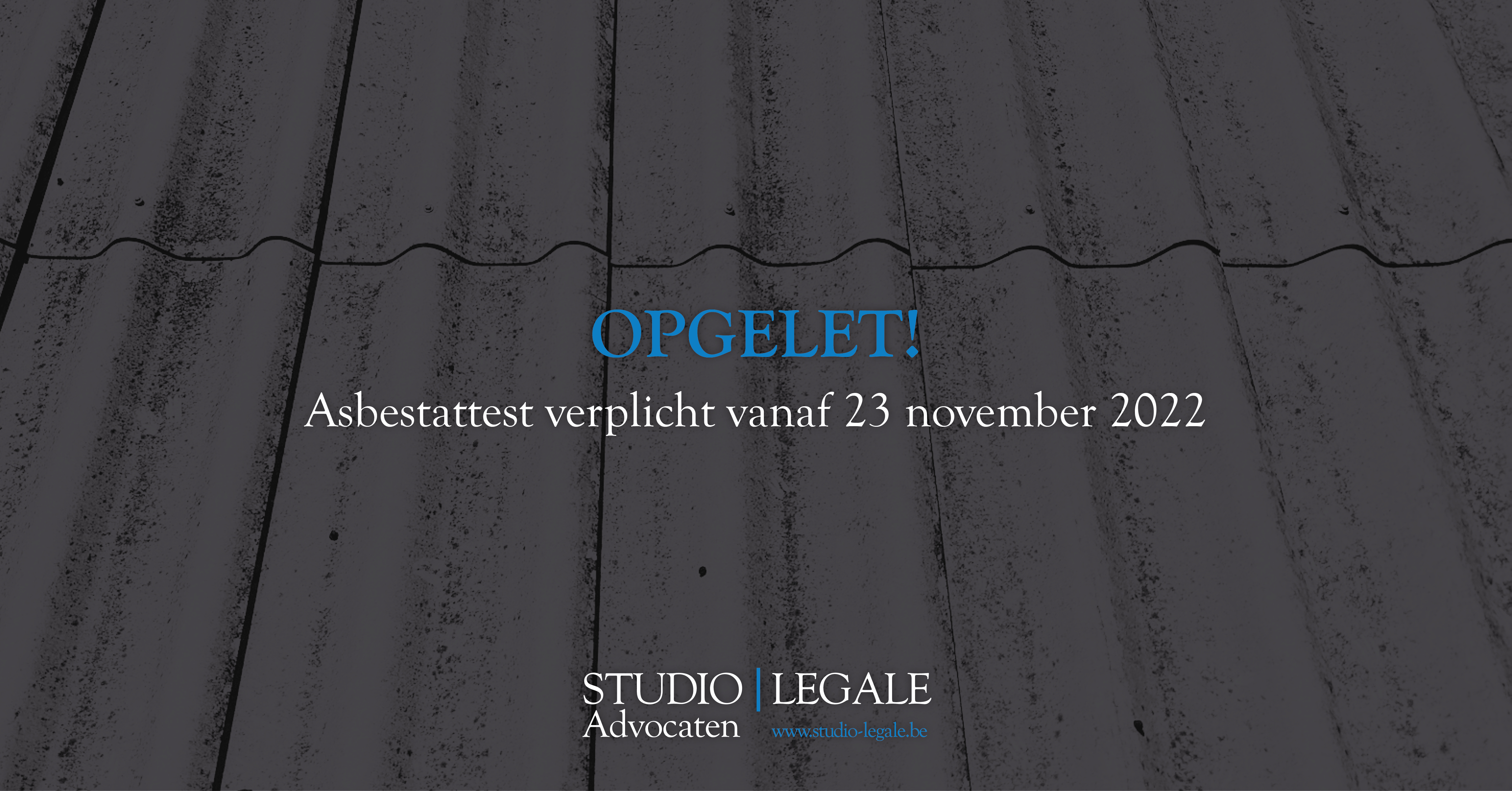Save the date:
Thursday 25 April 2024
Credit Expo Belgium is an annual event where several credit management products and services are showcased. Visitors can also gain inspiration and knowledge at interesting seminars covering various aspects of credit management.

STUDIO | LEGALE is a loyal partner of Credit Expo Belgium and will be present again this year.
Mr PEETERS will be a speaker at one of these seminars.
Credit Expo Belgium will be hosted at:
‘De Montil’ in Affligem.
#creditexpobelgium #creditexpo2024 #creditexpobelgium2024 #creditmanagement #seminaries #demontil #affligem #debtcollection











